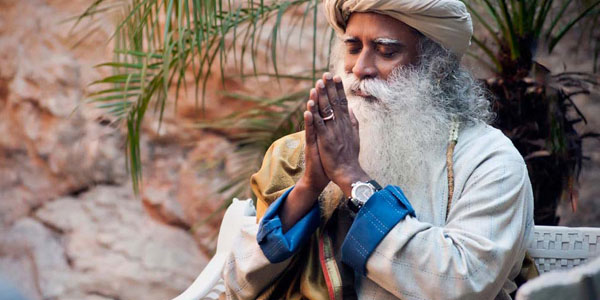Mahabharat Episode 53: Little-Known Southern Influences

“He was not willing to fight for just anyone – he would fight for the losing side.” —Sadhguru
Questioner: Sadhguru, you said Barbarik came from the South, and that the southern mysticism had a big influence in the war. Could you elaborate on that?
Sadhguru: Barbarik showed his skill. But fortunately for the Pandavas, he could not use his skill in the war. Krishna immediately recognized that this guy can destroy. He came with such confidence, only carrying three arrows, because he was dead sure these three could handle the whole world. And he was not willing to fight for just anyone – he would fight for the losing side. He liked the game of war, because he was sure he would win.
Southern mysticism played out big time. Because of Ghatotkacha’s occult power, Karna lost the Shakti [the powerful weapon that Karna could only use once]. Had Karna still had the Shakti, for sure Arjuna would have died. Krishna actually said Karna could even kill him. So southern mysticism was the deciding factor in the war. There are stories about how Ghatotkacha’s mother Hidimbi was worshipping a goddess and even doing human sacrifice to acquire powers, which is part of her culture. She was from the South.
And the food was supplied by the Udupi king. There was a lot of support from the South, but the battle was essentially about the northern kings. It was they who were fighting. But the southern warriors did not want to miss the action. They went to see it; if not fight at least see how it happens. Even after Barbarik took off his own head, with Krishna’s blessing, he still saw the whole war, had a perfect understanding of what happened there, and spoke about it.
Southern influences quietly played a role.
To be continued..
Editor’s Note: A version of this article was originally published in the Forest Flower magazine, October 2019. To subscribe online, click here. The Mahabharat series is based on Sadhguru’s talks during the one-time Mahabharat program that took place in February 2012 at the Isha Yoga Center. Through the lives and stories of the varied characters, Sadhguru takes us on a mystical exploration into the wisdom of this immortal saga.


